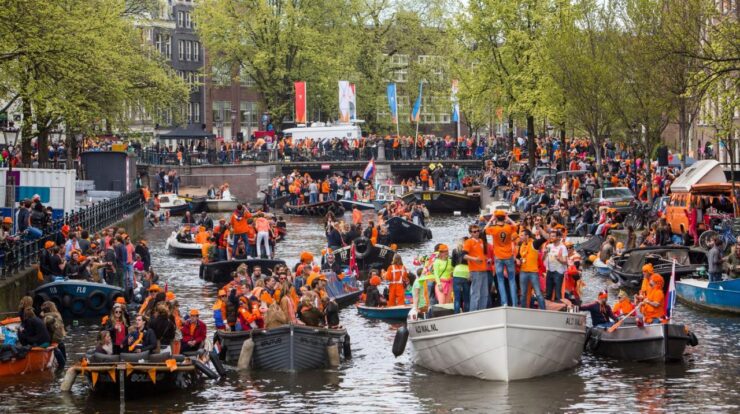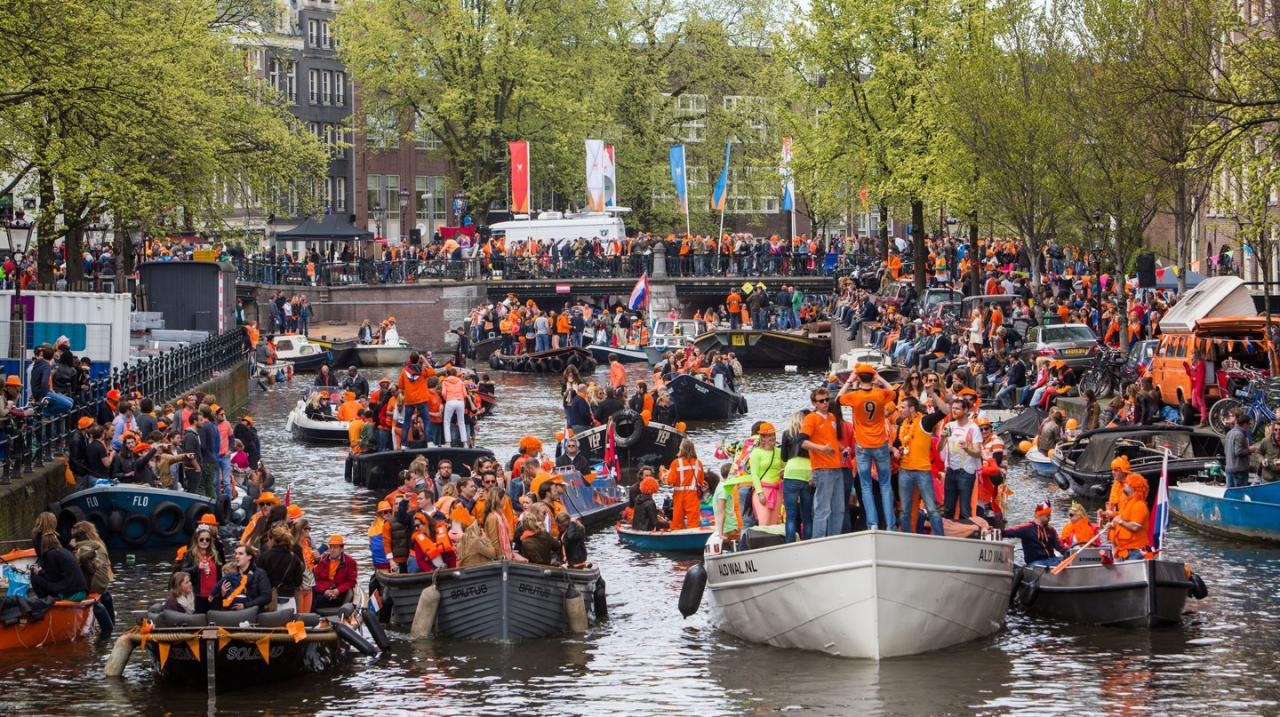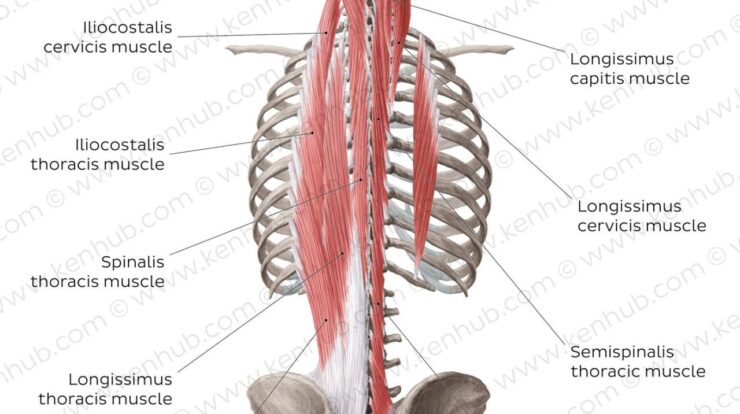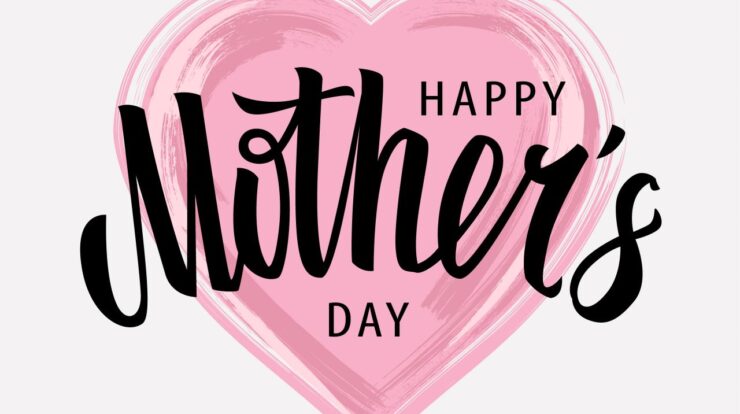
Kings Day Netherlands, a national holiday observed on April 27th, is a vibrant celebration steeped in Dutch history and tradition. With its origins in the 19th century, the holiday honors the Dutch monarchy and showcases the unique cultural heritage of the Netherlands.
This annual event is marked by a kaleidoscope of festivities, from the donning of orange attire to lively street markets and music performances. The day fosters a sense of unity and national pride, bringing together people from all walks of life to celebrate their shared Dutch identity.
Kings Day in the Netherlands: Origins and History
Kings Day (Koningsdag) is a national holiday in the Netherlands celebrated on April 27th to commemorate the birthday of King Willem-Alexander. The holiday has a rich history and cultural significance, rooted in the House of Orange-Nassau and the Dutch monarchy.
The origins of Kings Day can be traced back to 1885 when it was first celebrated as “Queen’s Day” (Koninginnedag) to mark the birthday of Queen Wilhelmina. The holiday was renamed “Queen’s Day” in 1949 to honor Queen Juliana and again to “Kings Day” in 2013 after the accession of King Willem-Alexander to the throne.
Significance of the House of Orange-Nassau, Kings day netherlands
The House of Orange-Nassau has played a pivotal role in the establishment and continuation of Kings Day. The family has ruled the Netherlands for centuries, and its members have been crowned as kings and queens since 1815. The House of Orange-Nassau is deeply intertwined with Dutch history and culture, and Kings Day serves as a celebration of the monarchy and its connection to the nation.
Festivities and Celebrations
Kings Day is celebrated throughout the Netherlands with a wide range of festivities and customs. The holiday is characterized by a vibrant atmosphere, with streets adorned in orange, the national color, and people dressed in festive attire.
One of the most notable traditions of Kings Day is the vrijmarkt, or free market. On this day, people set up stalls to sell a variety of goods, from antiques to handmade crafts. Another popular activity is the Koningsdagspel, a lottery game with large cash prizes that attracts millions of participants.
- Orange attire: Wearing orange clothing and accessories is a common sight during Kings Day. The color symbolizes the House of Orange-Nassau and the Dutch monarchy.
- Street markets: Vrijmarkten (free markets) are held in cities and towns across the Netherlands, where people can sell and buy a variety of items.
- Music performances: Live music is an integral part of Kings Day celebrations, with bands and DJs performing in streets, squares, and venues.
- Koningsdagspel: This national lottery game offers large cash prizes and attracts millions of participants each year.
Economic Impact and Tourism
Kings Day has a significant economic impact on the Netherlands. The holiday generates revenue through tourism, retail sales, and job creation.
Tourists from around the world flock to the Netherlands to experience the unique atmosphere of Kings Day. The influx of visitors provides a boost to the hospitality and tourism sectors. Additionally, the holiday encourages increased spending on retail items, from orange-themed merchandise to food and beverages.
Kings Day also creates temporary job opportunities for vendors, event staff, and security personnel. The overall economic impact of the holiday is estimated to be in the millions of euros.
Cultural Significance and Symbolism

Kings Day is more than just a day of festivities; it holds deep cultural significance for the Dutch people.
The holiday fosters a sense of unity and national pride. It is a time for the Dutch to come together and celebrate their shared history, culture, and monarchy. The orange color, which is associated with the House of Orange-Nassau, is a powerful symbol of Dutch identity.
Kings Day also represents the continuity of the Dutch monarchy. It is a reminder of the long and rich history of the House of Orange-Nassau and its role in shaping the nation.
Variations and Regional Differences
While Kings Day is celebrated throughout the Netherlands, there are some regional variations in the festivities and customs.
In Amsterdam, the holiday is known for its large-scale street parties and music festivals. In other cities, such as Utrecht and The Hague, the focus is more on traditional activities like the vrijmarkt and Koningsdagspel.
These regional differences add to the richness and diversity of Kings Day celebrations, showcasing the unique character of each city and town in the Netherlands.
Last Word: Kings Day Netherlands
Kings Day Netherlands serves as a testament to the rich cultural tapestry of the Netherlands. Its traditions, symbolism, and economic impact make it a significant event that showcases the country’s vibrant spirit and unwavering pride in its heritage.
FAQ Guide
What is the significance of orange on Kings Day?
Orange is the color of the Dutch royal family, the House of Orange-Nassau, and wearing orange on Kings Day is a way to show support for the monarchy and celebrate Dutch national pride.
What is the vrijmarkt?
The vrijmarkt is a flea market held on Kings Day where people can sell and trade used goods. It is a popular tradition that adds to the lively atmosphere of the holiday.
How is Kings Day celebrated in different regions of the Netherlands?
While the core traditions of Kings Day remain the same throughout the Netherlands, there are some regional variations in how the holiday is celebrated. For example, in Amsterdam, there is a large-scale boat parade on the canals, while in smaller towns and villages, there may be more traditional games and activities.





